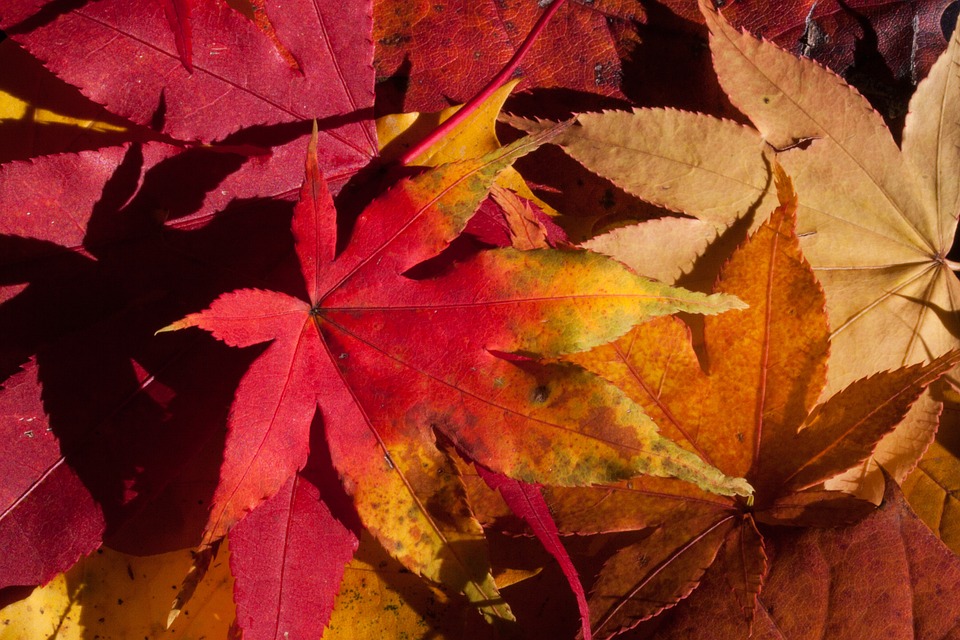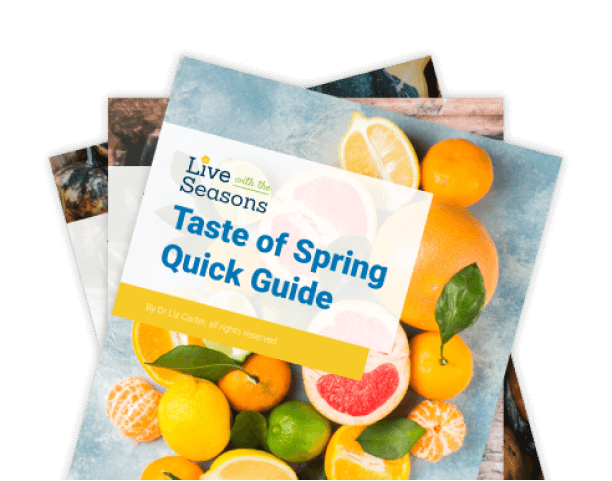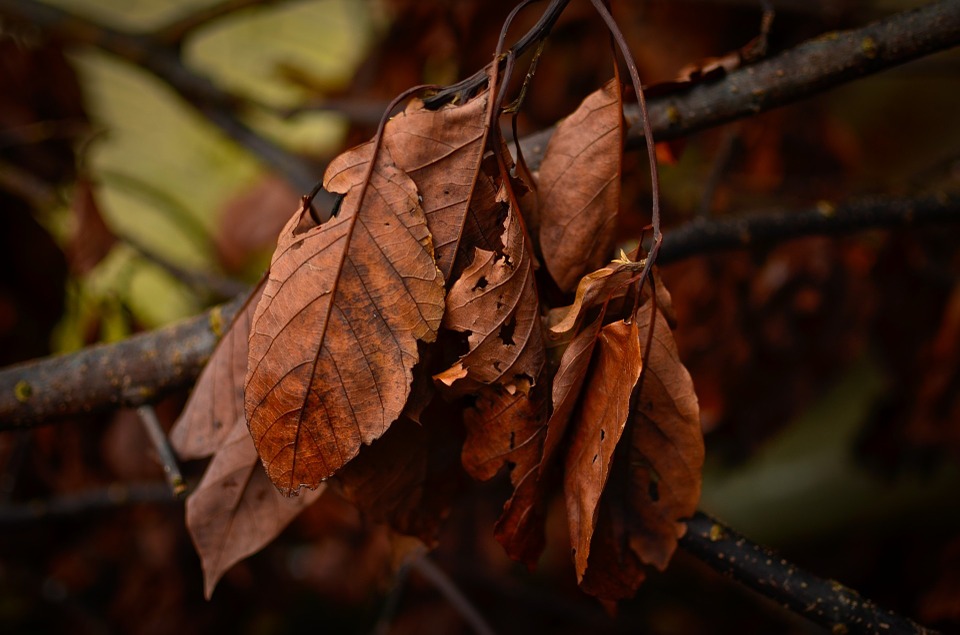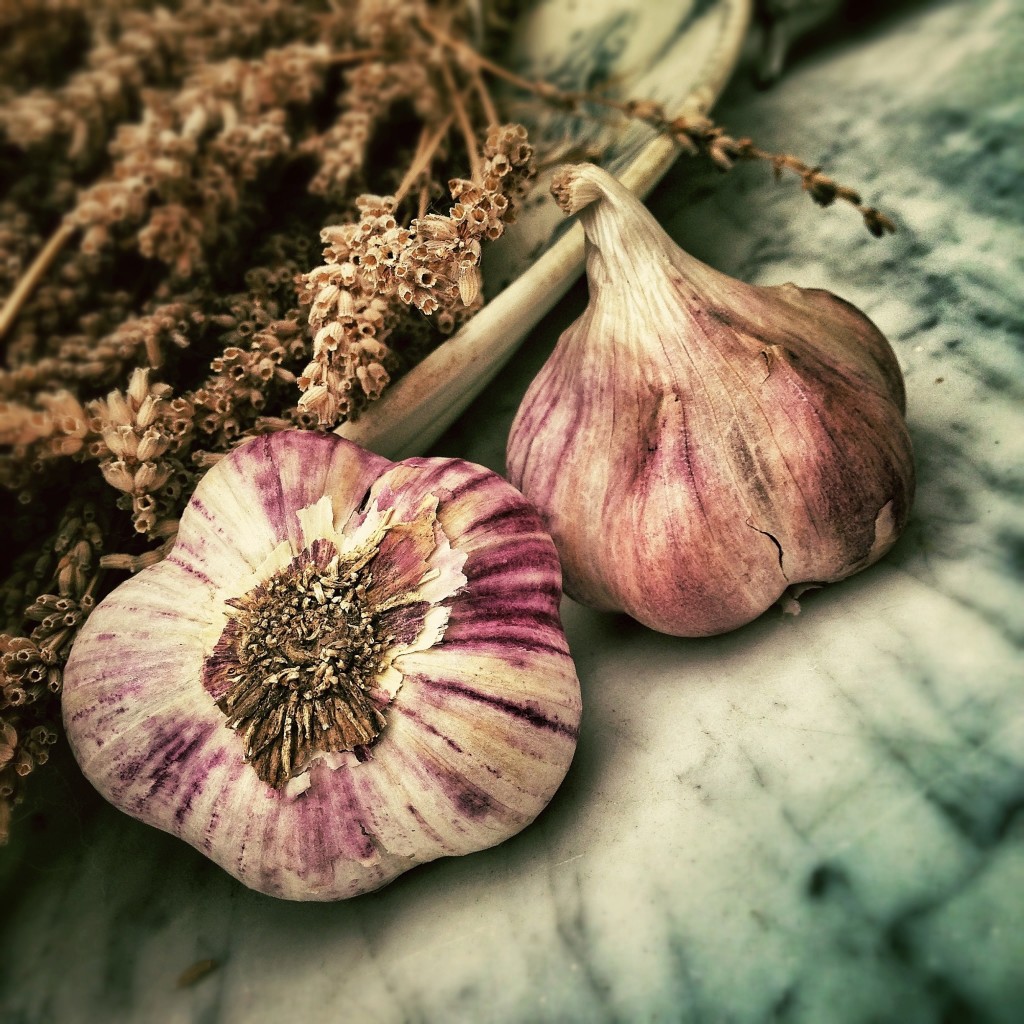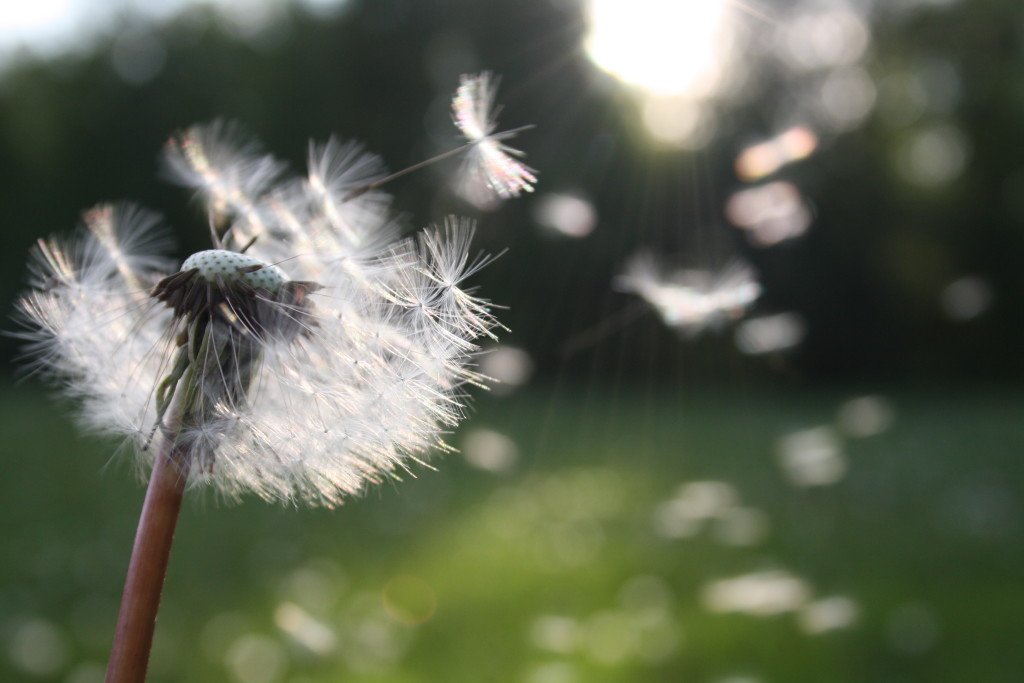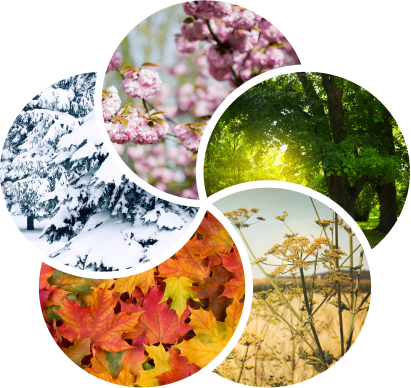Ah, fall. A time of beauty, and a time of loss.
The last flares of summer shoot out in brilliant burnt oranges and vivid, translucent yellows and are collected by the ground to turn them to earth.
We see this transition happen right before our eyes each year, but we still deny it.
“Maybe summer will last a little longer,” we say to ourselves, as the warmth fades from the air and a dry coolness settles in.
Others love and anticipate fall.
They can’t wait for the days to settle into a calm rhythm, leaving the high energy of summer behind.
Why do people have these preferences?
A lot of it has to do with your 5 element personality type, or constitution in Chinese medicine.
Each element is associated with a season, and oftentimes the element you are corresponds to your favorite season.
You can check out my 5 Elements Personality Test to find out your type if you’d like. And, if you want to know more, I offer classes on the 5 elements constitutions.
The seasons have many characteristics associated with them in Chinese medicine.
As I mentioned in my previous post, the seasons are a larger reflection of ourselves.
We are a part of nature, and it’s vitally important that we understand what we are connected to.
Knowing the seasons is knowing ourselves.
Fall is the seasons of the metal element.
Each element has many correspondences — Chinese medicine organs, times of day, emotions, weather, color, sound, the list goes on!
Here’s a list of the associations:
The Fall
|
Element
|
Metal
|
|
Movement
|
Inward
|
|
Stage of Development
|
Reduction |
|
Climate
|
Dryness
|
|
Smell
|
Rotten
|
|
Color
|
White
|
|
Taste
|
Pungent
|
| Organs |
Lung, large intestine
|
| Time of Day |
Lung: 3 - 5 AM
Large Intestine: 5 - 7 AM |
|
Emotion
|
Grief, loss |
|
Sound
|
Weeping
|
|
Tissue
|
Skin
|
|
Sense Organ
|
Nose
|
|
Fluid
|
Phlegm, mucus |
Pretty crazy, right? A taste? A smell? It really does all correspond!
But how does this chart translate into the meaning of fall? Let’s take a look!
Get a Year of My Taste of the Seasons Guides
Improve Digestion, Mood, and Overall Health and Wellbeing in Each Season According to Chinese Medicine
Movement: Inward
Fall is a time of inward moving energy.
After the large extroverted bursts of summer activity, we’re naturally ready to slow down a bit.
When we slow down, we’re able to process the growth of the spring and transformation of the summer.
The inward energy of fall encourages us to be introspective and reflect on the shifts that have occurred and where we currently stand.
Dr. Liz Tip: Try journaling about the beginning of the year through the present.
Reflect on what’s happened and how you’ve adapted or changed over the year. Checking in like this is important for us to keep track of progress we’ve made.
Stage of Development: Reduction
Fall is the time of reduction.
The fruits of summer have come to full ripeness and have been harvested and preserved for winter.
After the rush of the harvest, we now have time to consider our supplies. Do we have enough for winter or will it be a more difficult year?
Fall is a time of clarifying and discerning. Taking stock of what remains.
The perfect analogy appears as the leaves fall from the trees, and we see the bare bones of what we are left with for the winter.
Reduction is necessary part of the cycle of life, but it is often the hardest for us to come to terms with.
The leaves and flowers have served their beautiful purpose for the year, and they must wither and fall away in order to allow winter to store life for the next year.
The plants have served the yang side of the year with birth, growth and maturation, and now they transition into the yin time of year of decrease, storage, and quiet.
Climate: Dryness
Fall is the season of dryness.
We hear it in the rustle of leaves and crackle of dry branches.
We can feel the moisture get sucked out of the air and the cool, crispness sink in.
Trees start to conserve their water, sending circulation to their roots and allowing the leaves to become brittle.
The lung and skin are particularly susceptible to dryness in the fall.The skin is a manifestation of the lung externally, so if dry skin develops, it can mean that the lung has been dried out.
To further complicate things, this time of year we start spending more time indoors and have the heat on, which is very drying to the lungs, skin, and nose/sinuses (another area associated with the lung).
Dr. Liz Tips:
- To combat dryness, use a humidifier at night. The bedroom is the room you spend the most time in, and adding moisture to the air can help decrease lung and sinus dryness.
- Consider turning the heat down and piling on more blankets. With less dry, hot air blowing on you, the less dried out you’ll be in the morning.
- Eat pears. Pears add moisture to the lungs and naturally combat fall dryness. For the best results, gently steam or poach them. You can also add a touch of cinnamon for a mild warming effect. And it’s delicious!
- Drink plenty of water. The second greatest water loss throughout the day is via breathing. Surprising, right? When its dry, more gets evaporated out of your lungs, so you need to replenish!
Smell: Rotten
Rotten doesn’t sound very pleasant, does it? Fall is a time of breakdown.
After the harvest, plants have served their purpose for the year and they start to shrivel and rescind.
Think about the smell of wet decomposing leaves after a fall rain.
The composting of old life is not something we’re very comfortable with.
It’s dirty and mucky, and makes us confront loss and decay.
But there is beauty in the breakdown.
The breakdown shows what happens after a life well lived.
And it provides the space needed for new growth to emerge in the spring.
Imagine in the spring tiny seedlings trying to push up through old wreckage of last year’s crop.
They are much less likely to survive than if the old plant had fully broken down and provided a clear space and nutrients for growth.
Dr. Liz Tip: smell is an incredibly potent stimulation for memory. Go outside, smell the wet, and soggy leaves.
Associate the smell with a positive feeling of cleansing, and clarifying. Letting go of the old to make room for the new.
Color: White
White is the color of fall. It is the color of purity.
Wait, weren’t we just taking about rotten leaves and decay? This seems confusing.
White is the end product of the process of decay.
It is the pure state we’re left with when we’ve moved through all the breakdown.
We’ve harvested and now cleansed the remnants of spring and summer, taking with us a bounty of food, knowledge, and lessons the warm seasons have given us.
We are left with a clean slate to move forward into the winter.
Taste: Pungent
The taste of fall is pungent.
Onions and garlic are great examples of pungent. So are radish, cayenne, cinnamon, horseradish, nutmeg, and black pepper.
Pungent foods tend to be spicy, and their benefit is that they break up mucus (the fluid of fall).
They’re perfect to eat when you’re sick and have phlegm sitting in your sinuses or lungs.
The pungent flavor busts through the stagnant mucus and encourages the circulation of qi and blood, sending it upwards and outwards (the opposite of normal inward fall energy).
They are great foods to prevent a cold, as they encourage our lymphatic and immune systems to circulate and respond to invaders.
Dr. Liz Tip: Pungent foods are wonderful to use throughout the fall, especially if you feel a cold coming on. Here’s a list of common pungent foods and spices you can add to your diet liberally in the fall:
Foods |
Spices |
| onion | anise |
| parsnip | bay leaves |
| radish | cayenne |
| turnip | cinnamon |
| scallion | clove |
| broccoli | coriander |
| brussel sprouts | cumin |
| cabbage | rosemary |
| caper | fennel |
| fennel | ginger |
| leek | horseradish |
| garlic | marjoram |
| kumquat | mustard |
| lemon peel | nutmeg |
| black pepper | |
| sage | |
| thyme |
Get a Year of My Taste of the Seasons Guides
Improve Digestion, Mood, and Overall Health and Wellbeing in Each Season According to Chinese Medicine
Organs
In Chinese medicine, organs have not only physical characteristics, but also mental and emotional ones. Let’s start by describing the physical properties of the lung and large intestine and see how they relate to fall.
The Lungs
The lungs are beautiful, delicate organs that perform the crucial function of respiration.
We inhale in the new, fresh air, and exhale out the old waste products.
Lungs are the organs of inspiration, physically, as well as mentally and emotionally.
Proper deep breathing (which few of us do) supplies us with oxygen rich blood, improves nutrient status, circulation, and metabolic reactions.
When we breathe deeply, it activates our parasympathetic, or "rest and digest" nervous system. When we relax, we can heal.
I’m sure you know the old adage that the best ideas come in the shower.
For a few minutes, you’re not thinking about anything else.
You’re present, in the moment, enjoying the hot water and steam, and your mind empties.
This negative space is creative space.
Your mind and subconscious are able to play, instead of being harnessed by never-ending to-do lists.
Out of these few moments of rest, your brain can integrate and process what’s happened and weave it into something extraordinary.
Becoming conscious of our breathing patterns can go a long way toward improving lung health, as well as full body health.
Not only are you boosting physiological processes, you are literally giving your mind and emotions space to breathe, and out of that comes inspiration.
Dr Liz Tips:
- Take walks outside as often as you can. Breathe in the fresh, crisp air. If you can, walk around a park, or somewhere where you can take in the change of the seasons and connect with the earth.
- Breathing exercises or guided mediation can be very helpful for developing this skill.
Large Intestine
The large intestine is one of those organs that we don’t particularly like to think about.
It does it’s job emptying waste products from our system, and we’d like to leave it at that!
Even though we don’t like dwell on its function, it is a crucial one.
Without proper function, it can back up waste products into the system and make us feel tired, lethargic, and moody.
A healthy large intestine has a balance between letting go and holding on.
We don’t want it to let go too quickly, otherwise we can’t absorb the nutrients we’ve put into our system. And too slow, well, that’s just uncomfortable.
On mental and emotional levels, the same holds true.
The fall is a natural time to let go.
We’ve accumulated much from the earlier part of the year, and it’s time to clean up and clarify what’s left that’s useful.
We don’t need a bunch of junk sitting around all winter!
And the spring is a time of birth and renewal; all energy should be focused there, rather than on cleaning out the old from the last year.
Dr. Liz Tip: Take the opportunity to do some serious fall cleaning! It is more in tune with the seasons to clean and organize in the fall rather than the spring.
The season is naturally primed for clearing out accumulated paraphernalia.
Organize clothes, books, and furniture to donate. Clean out the closets and cabinets. Organize files on your computer. This is the easiest time of year to let go!
Time of Day
In Chinese medicine, each organ is associated with a time on the clock.
It’s very useful to know these times, as they give us insight into our energy levels and emotional states as they correspond to organs in Chinese medicine.
Organ |
Highest Energy |
Lowest Energy |
| Lung | 3 - 5 AM | 3 - 5 PM |
| Large Intestine | 5 - 7 AM | 5 - 7 PM |
Anytime of year, but especially during the fall, these organs can be particularly active during these times, or under-active.
3 - 5 AM is a common time for monks to rise and begin breathing exercises and meditation practices, as the lung is naturally strongest then.
People with lung issues like asthma or allergies may get an aggravation around 3 - 5 AM.
This time is also the most common for people to pass away, as the last of the lung energy leaves the body.
It is also a common time for insomnia if the emotion of the lung — grief — has not been adequately processed and resolved.
5 - 7 AM is generally a waking time and is the most common time for people to empty their bowels.
They’ve processed the previous day adequately enough to let go of the past events.
People may wake out of sleep at 5 - 7 AM if the large intestine is irritated, physically or emotionally, possibly having a more urgent stool.
We may experience an energy slump at the time opposite the organ if the lung or large intestine are very depleted physically, mentally, or emotionally.
Dr. Liz Tip: If you experience aggravation or fatigue at either of these times, listen to your body.
Reflect on what you think might be the root of the aggravation or fatigue and explore it through a creative outlet — writing, painting, etc.
If you are fatigued, take a nap. Honor that your body wants to rest at this time to restore the organ.
Emotion: Grief, loss
The emotion of the fall (and lungs) is grief.
We see it all around us this time of year — the loss of the fruits of summer.
Life has played its last cards and now begins to wither and die.
It can be a tough observation, especially if we’ve recently experienced a loss of our own.
Whether that loss is large or small, the fall highlights feelings of grief.
Grief is one of the most challenging emotions to process.
It pops up intensely and randomly and demands our attention. We often shove it down or try to ignore it, but this only makes it worse.
We have to channel the large intestine -- stop holding on and let go!
The only way we let go is by processing the emotion.
US culture is not comfortable with displays of grief or mourning, but it is vital to our health to free it.
It is natural to process grief in the fall. Again, when we let go, we are cleansed. We feel lighter.
We make space for the new rather than holding on to the old and creating toxic emotional patterns that often revolve around defending the wound we’ve neglected to heal.
Dr. Liz Tips:
- Find an outlet for your grief and give it your full attention. If you release emotions in regular, small intervals, there’s less chance of them bubbling over randomly. I think of it like a bucket that’s too full. To prevent it from spilling over, take a few spoonfuls of water out every day and soon you’ll have some wiggle room.
- Conscious deep breathing can be wonderful, as well as taking up a creative hobby, like journaling or painting. Acupuncture, counseling, and hydrotherapy are wonderful for helping the process along.
Sound: Weeping
The sound of fall is weeping, which correlates well with the emotion of the season, or grief.
People weep with grief, but we can also hear it in nature.
The incoming quietness of the season reflects the energy of the year fading.
We hear the bare trees limbs rustle and creak and sigh to each other in the wind, resigned to the environmental influences of autumn.
We notice the cracking of the leaves as they break apart.
The leaves mimic how our voices crack after too much weeping.
Life is drying up, and the natural world is letting go of the spring and summer, making room for restoration and the stillness of winter.
Even though the fall is filled with loss, it’s a spectacular time of year.
The lessons can be difficult, but through them we find clarity and peace, and prepare for the year to come.
How do you feel about fall? What do you love or dislike about it? Feel free to leave me a comment here, or on facebook!

